

REACH Ethiopia - JMMI Dataset and Analysis - May 2025
XLSX3.5M


Since 2018, Ethiopia has witnessed an escalation in unrest including large-scale displacement, killings, and destruction of property following domestic political changes. Such unrest has exacerbated the impact of climate-related crises, including the most devastating desert locust infestation in 25 years, which has damaged crops and fostered food insecurity. In early 2020, the COVID-19 pandemic infiltrated Ethiopia leading to lockdowns and transport bans in many regions that restricted access to markets. Then in November 2020 conflict erupted in the northern Tigray region, displacing many Ethiopians and contributing an approximate 1.1 million additional people needing assistance in Amhara, Afar and Tigray regions. All of these events have severely disrupted livelihoods, affected the availability of staple market commodities, and threatened to sharply escalate humanitarian need for vulnerable populations across the country.
REACH was first deployed to Ethiopia in 2019 in order to support market monitoring efforts and track the prices of basic goods following the onset of the COVID-19 pandemic. As conflict has escalated in the Tigray region, REACH will implement humanitarian situation monitoring in early 2021 to identify priority needs among those who remain in the inaccessible areas of Tigray and provide information to aid actors on the ground in Ethiopia and Sudan.
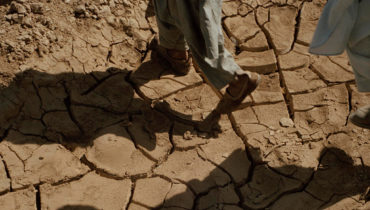
IMPACT Initiatives, notably via its REACH, AGORA, and PANDA initiatives, is increasingly committing research efforts to inform the aid community on how to tackle climate risk. The objective? To identify...
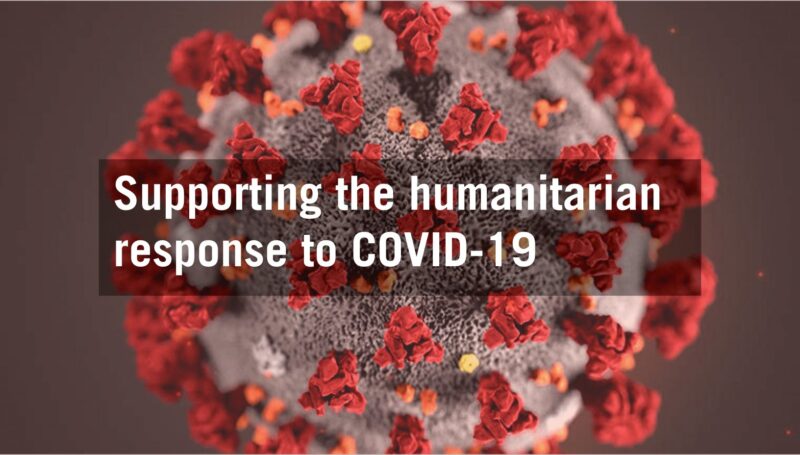
Access all the ongoing research and activities that IMPACT and REACH are launching in order to help the humanitarian community respond to the impact of the COVID-19 pandemic in crisis-affected...

For the first time, IMPACT – through its initiative REACH – used data collected in 15 crisis-affected contexts to explore how education needs are impacted. Findings are accessible through...


REACH Ethiopia - JMMI Dataset and Analysis - May 2025
XLSX3.5M

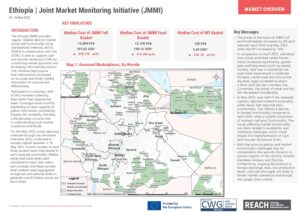
REACH Ethiopia - JMMI Factsheet - May 2025
PDF12.5M


REACH Ethiopia JMMI Dataset APRIL 2025
XLSX3.6M

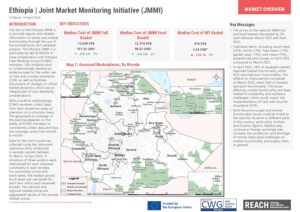
REACH Ethiopia - Joint Market Monitoring Initiative (JMMI) - Factsheet APRIL 2025
PDF14.1M

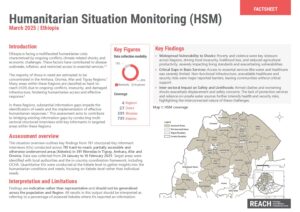
REACH Ethiopia - Humanitarian Situation Monitoring (HSM) second round - Factsheet (2025-01-24 - 2025-02-10)
PDF8.2M


REACH Ethiopia JMMI Dataset MARCH 2025
XLSX795.7K

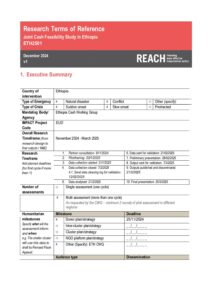
REACH Ethiopia Joint Cash Feasibility Assessment Terms of Reference (ToR) (2025-03-03 - 2025-03-14)
PDF476.6K


REACH Ethiopia Joint Market Monitoring Initiative (2025-03-01 - 2024-03-13))
PDF27.8M

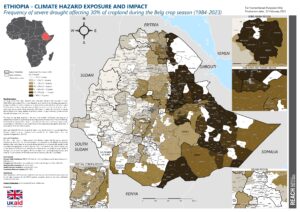
REACH Ethiopia Drought Exposure Assessment ATLAS February 2025
PDF37.4M

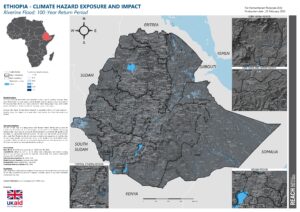
REACH Ethiopia Riverine Flood Impact Assessment ATLAS February 2025
PDF46.3M

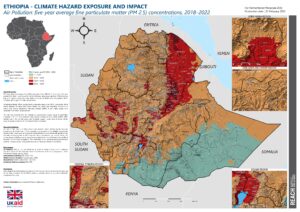
REACH Ethiopia Air Pollution Exposure Assessment ATLAS 25February2025 A1 pdf
PDF16.1M

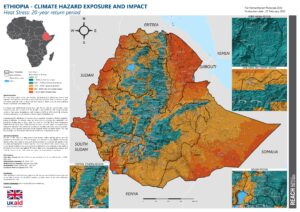
REACH Ethiopia Heat Stress Exposure Assessment ATLAS February
PDF17.1M


REACH Ethiopia JMMI Dataset FEBRUARY 2025
XLSX819.6K

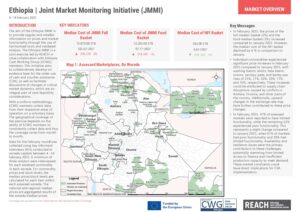
REACH Ethiopia Joint Market Monitoring Initiative (2025-02-04 - 2025-02-14)
PDF14.0M


REACH Ethiopia Climate Hazard Exposure and Impact Assessment 25February2025
XLSX1.1M

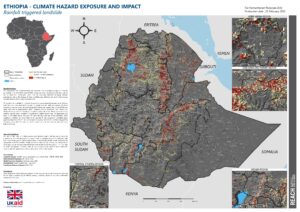
REACH Ethiopia Landslide Exposure Assessment ATLAS February 2025
PDF45.6M